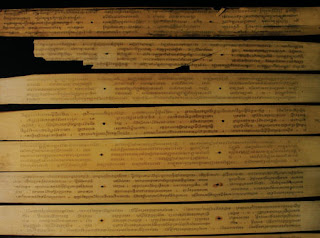What is my greatest dream?
To be honest, the word “dream” is
too vague for me to define. Aspirations and goals in my life are like just a
passing event, it lasts for a day, probably a week, but never longer than that
time span. Because what I want in life are almost near impossible. I give up
the moment I don’t see any progression of what I do to achieve that specific
goals. It’s probably on my mentality. I know it’s wrong, I know that I can
change this kind of mentality, but then again the laziness will hit me. It
always does. I really don’t have any idea what I want in life.
Back when I was in primary school, I
was the kind of kid who will destroy stuffs just to build new things. I
remember destroying a toy car (it was called Crash Gear) with a dynamo taking it
and building a small toy airboat with a working propeller, of course it didn’t
last long because the propeller including the dynamo was also submerged under
water. That interest lead me wanting to become an engineer, but the only kind
of engineer I know that time was someone who build houses, buildings, bridges,
what a civil engineer is in context. In time, that want faded like it was never
there to begin with.
I can’t really tell when exactly I
became aware of what are the things I really want, and why I want them. It
probably was the time where your friends or teachers would ask you: What are
your goals in life? What are your dreams? What are the things you want to
achieve? I just followed the flow, it was as If that all my answers where just
the norms, the practicality of what a person in his teenage years would want.
It was all for the façade to look that I was normal but in fact I was not. I
know that time I want things that are not practical, like for an example I
wanted that time was world domination. I just probably wanted acknowledgement
that time but I was dead serious of what I want.
It never came to me that I would
want a life of just being normal, having a job, a family of my own. Never did
it catch my mind me wanting to finish a degree or such. I’ve always thought that
I can educate myself. Even now, I have no clear goals in life. My mind is
always filled with thoughts that I can never comprehend myself. I can’t even
understand myself nor my wants. But one thing is certain: I just want to travel
the world and see it as it is, different from my usual norms in life. Probably
this is just my escape mechanism of the reality of what is currently happening
around me. I just want a different kind of reality. Wanderlust.
As I’ve always known that my life
is as vague as the word “dream” I’ve considered it to be.









